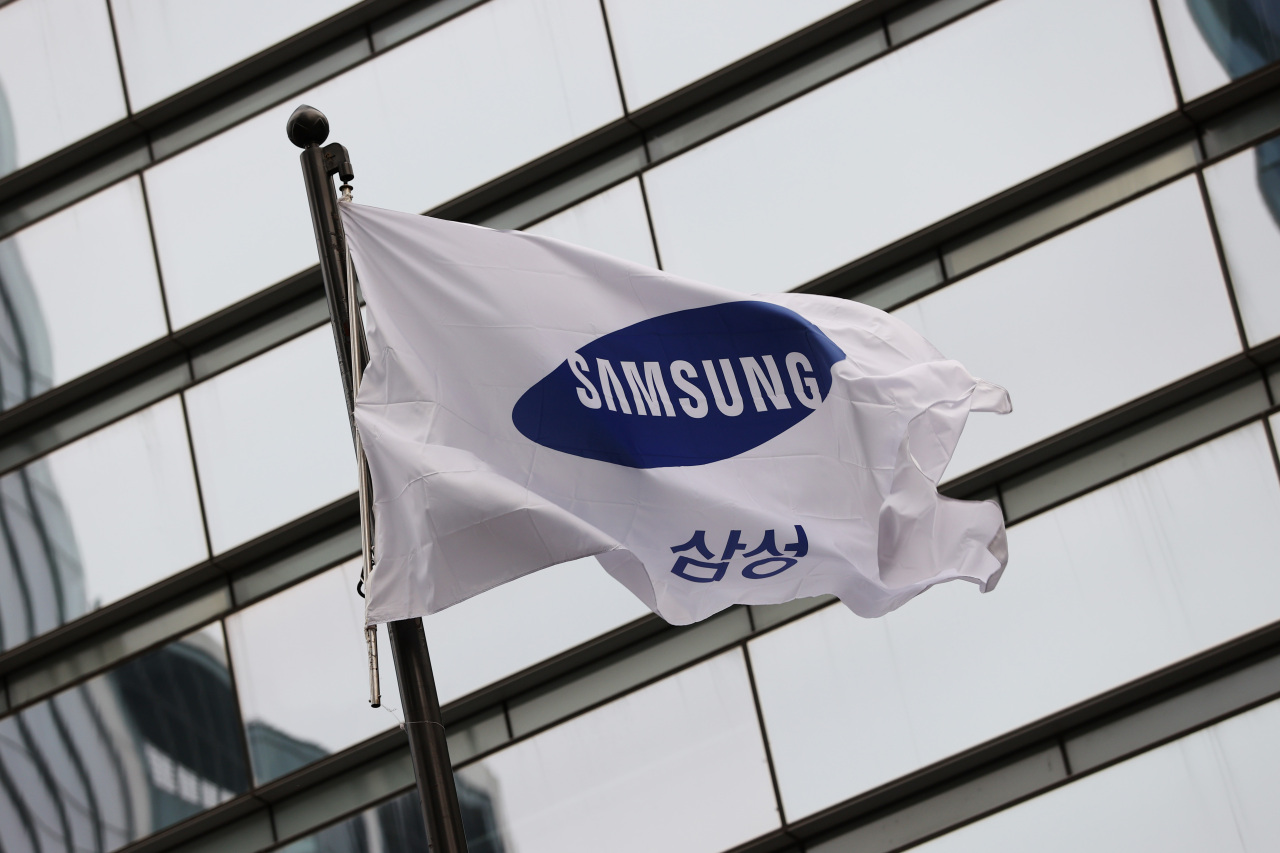Samsung inheritance, a record unlikely to be broken
By Song Su-hyunPublished : April 28, 2021 - 18:14

Samsung chief Lee Kun-hee died Oct. 25, 2020, as South Korea’s richest man, leaving behind a massive fortune that local reports have put at 30 trillion won ($27 billion) in total value.
Nearly six months later, on Wednesday, his heirs -- wife Hong Ra-hee, son Lee Jae-yong, and daughters Lee Bu-jin and Lee Seo-hyun, reported an inheritance of nearly 20 trillion won to the tax authorities. The rest -- including Lee’s massive art collection, which some local reports say could be worth nearly 10 trillion won -- will be donated.
If finalized, this would result in the biggest inheritance tax levy in Korean history -- over 12 trillion won. The National Tax Agency has nine months to review the family’s report and decide on the exact amount.
Although not yet final, one thing seems to be clear: It will be a record unlikely to be broken anytime soon.
The previous record was 921.5 billion won, held by the bereaved family of LG Group Chairman Koo Bon-moo, who died in May 2018.
The family in control of LG inherited the late chief’s shares in LG Corp. and LG CNS, as well as other assets, according to its tax statement. The family is currently paying the tax in installments, with son Koo Kwang-mo shouldering the largest amount, 716 billion won, after taking over the largest portion of his father’s equity assets.
The family behind Hanjin Group also received a large tax bill after Chairman Cho Yang-ho died in 2019. Cho Won-tae, who succeeded his father as chairman of the group, is paying 270 billion won, also in installments.
It has not been revealed how much Shin Dong-bin of the Lotte Group family inherited from his father, the late Honorary Chairman Shin Kyuk-ho, who died in January 2020.
But the average market estimation is 450 billion won, including stocks of Lotte Holdings. The inheritance tax to be paid by the junior Shin should be nearly 270 billion won, market observers say.
Lee Kun-hee himself paid 17.6 billion won in tax when he inherited 27.3 billion won in assets from his father, Lee Byung-chull, in 1988. That too set a record in Korea at the time.
The 12 trillion won tax bill facing his heirs is about 680 times that amount.
Tax experts say the sheer size of the Samsung inheritance will have implications for the country’s fiscal management. The country’s total income from inheritance tax for three years through 2019 stood at around 10 trillion won.
Korea’s highest inheritance tax rate is 50 percent with a 3 percent deduction allowed for voluntary reporting. There is a 20 percent exchange charge imposed on the inheritance of stocks owned by the largest shareholder.
The deadline for the first installment is April 30 and market observers said the Samsung heirs could use bank loans and dividends from Samsung companies to secure the cash, on top of their personal wealth.
The Lee family received a total of 1.3 trillion won in dividends last year from Samsung Electronics alone.
Rumors had circulated early this year that members of the family, including Lee Jae-yong, were contacting various financiers for credit, seeking to take advantage of the current low interest rates.
To pay the second installment next year, the scions are likely to sell stocks in Samsung affiliates and take out more loans, industry watchers forecast.
As for stock sales, the most plausible scenario involves Samsung SDS.
Lee Jae-yong owns 9.2 percent of the software affiliate, while Bu-jin and Seo-hyun each own 3.9 percent.
By Song Su-hyun (song@heraldcorp.com)












![[Today’s K-pop] BTS pop-up event to come to Seoul](http://res.heraldm.com/phpwas/restmb_idxmake.php?idx=644&simg=/content/image/2024/04/17/20240417050734_0.jpg&u=)




![[KH Explains] Hyundai's full hybrid edge to pay off amid slow transition to pure EVs](http://res.heraldm.com/phpwas/restmb_idxmake.php?idx=652&simg=/content/image/2024/04/18/20240418050645_0.jpg&u=20240419100350)

![[Today’s K-pop] Zico drops snippet of collaboration with Jennie](http://res.heraldm.com/phpwas/restmb_idxmake.php?idx=642&simg=/content/image/2024/04/18/20240418050702_0.jpg&u=)